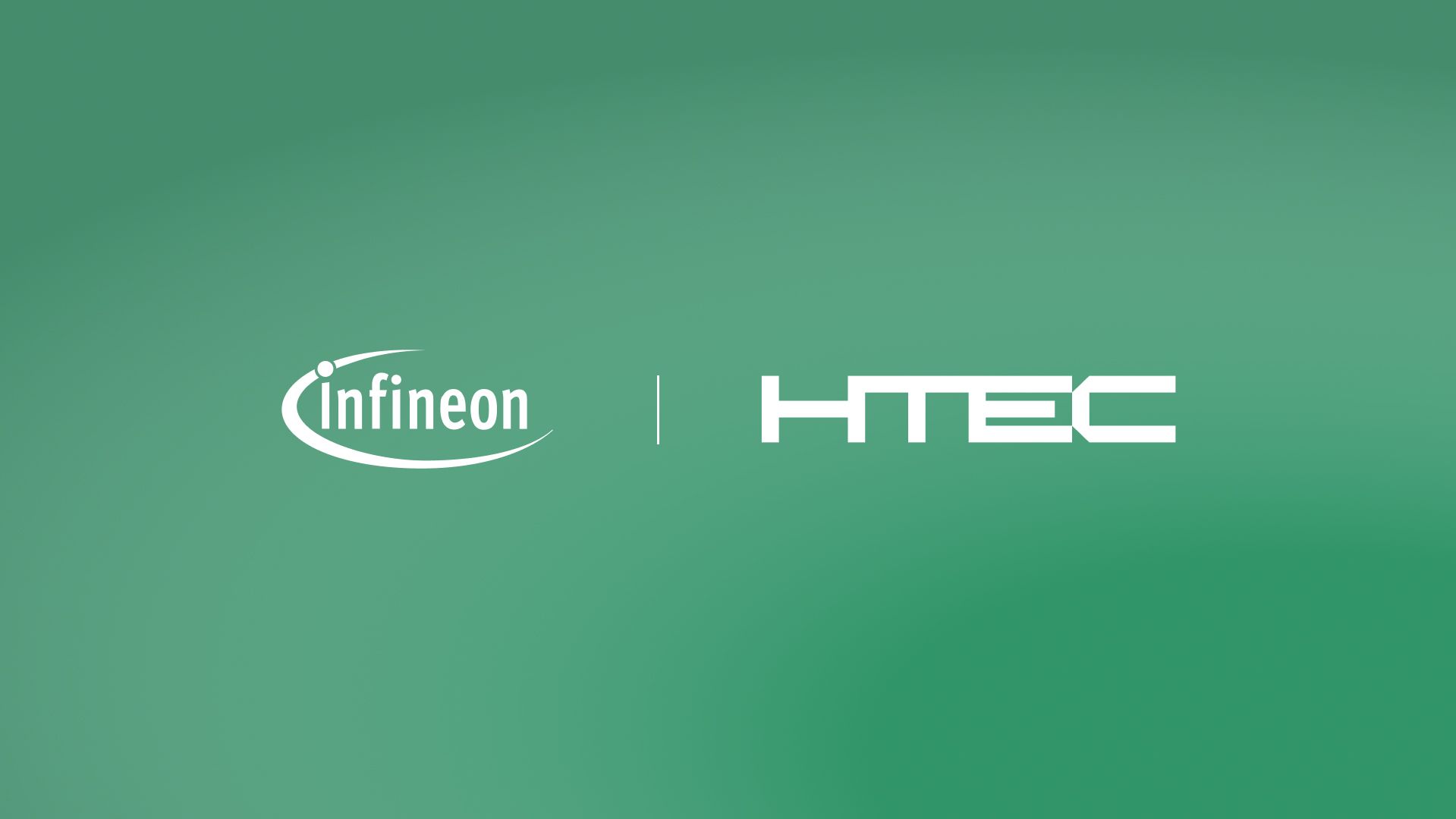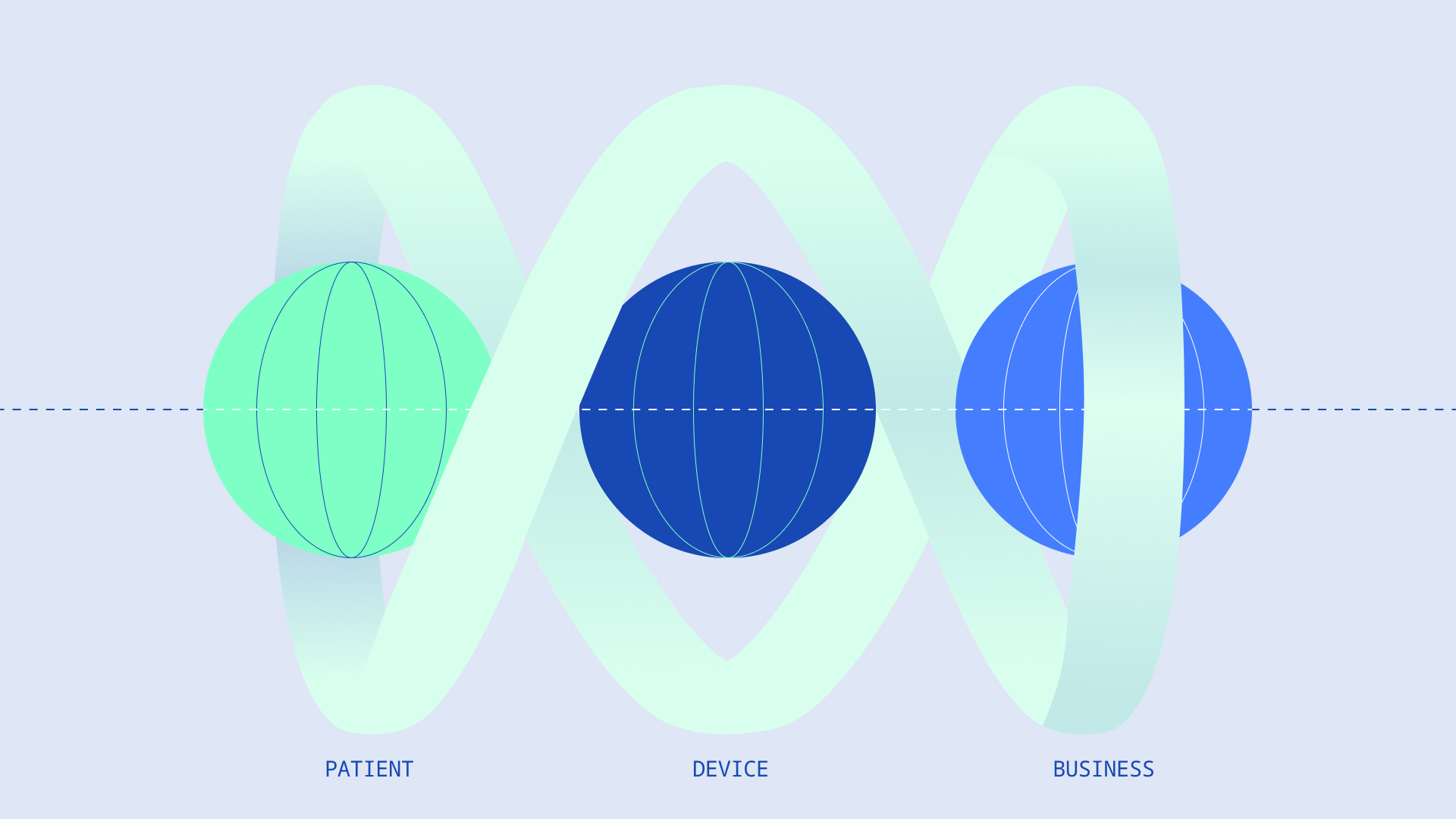At this year’s HTEC Days conference, we had the honor of hosting a standout session from our long-time technology partner AMD, titled “Advancing AI in Video Games with AMD Schola.”
The session was presented by Alex Cann, Member of Technical Staff, lead developer of AMD Schola, Mehdi Saeedi, Principal Member of Technical Staff, AI lead of AMD Schola, and Gabor Sines, Sr. Fellow Engineer at AMD.
Together, they delivered an insightful presentation on how artificial intelligence is reshaping the future of interactive entertainment.
AI meets gaming: Inside the AMD session
The presentation opened with a reflection on how video games uniquely blend technology and art, creating an excellent tool for fostering creativity — and how AI is increasingly used to improve both developer and user experiences. The AMD team detailed the growing impact of AI in gaming, explaining the implementation and the forms of AI used. The accent was put on applying AI to enhance everything from non-playable character (NPC) behavior, graphics, and content generation to streamlining game testing, personalizing difficulty levels, and enabling more immersive interactivity.
While established AI techniques like finite state machines, decision trees, and pathfinding are still widely used to optimize NPCs’ behavior, the team emphasized reinforcement learning — a novel technique where NPCs, called “agents”, observe their environment and improve their actions based on rewards and penalties to achieve almost human-like behavior and responsiveness. The presenters illustrated this concept with accessible analogies, such as learning how to ride a bicycle through practice, observation, and reward. For the training of agents, AMD used grids inside of which an agent must find the most optimal way to reach the target.
AMD Schola: A toolkit for learning and simulation
A key highlight was the introduction of AMD Schola, an open-source library designed to bring reinforcement learning into Unreal Engine workflows to assist the development of games. The key features of such engines include visual coding languages, tools for animations and simulating physics, and some traditional AI systems mentioned previously. In his talk, Alex Cann provided an overview of how Schola integrates with popular open-source machine learning libraries and enables developers to build and train AI agents inside complex game-like environments. The presentation walked through Schola’s architecture, highlighting five core components such as actuators, observers, trainers, policies, and environments — all of which help define how AI agents sense, act, and evolve behaviors over time based on structured feedback.
Digital twins and sim-to-real applications
Shifting beyond gaming, Mehdi Saidi introduced the concept of digital twins — virtual representations used to train real-world systems, such as robotics, in controlled environments. He discussed the benefits of training AI in simulation first, reducing real-world risk and cost. This sim-to-real approach is becoming essential in sectors where real-world iteration is expensive or impractical.
Closing thoughts: Open innovation and community
The AMD team closed the session by emphasizing the open-source nature of AMD Schola library and inviting the developer community to explore its capabilities in gaming, robotics, and beyond. In a Q&A session that followed, the audience asked about optimizing Schola for AMD GPUs and comparing reinforcement learning with traditional AI methods.
The session offered both high-level vision and deep technical insights — demonstrating AMD’s commitment to enabling AI innovation through accessible tools and open ecosystem
A long-standing collaboration between HTEC and AMD
AMD participation at HTEC days, builds on a long-standing collaboration between HTEC and AMD. Last year, AMD established a new engineering design center in Serbia through an agreement with HTEC. The new engineering design center plays an instrumental role in AMD broader effort to make end-to-end AI solutions more accessible while positioning Serbia as a growing hub for advanced technology development. HTEC has been working alongside AMD on its AI acceleration and GPU software development, including the AMD ROCm™ software stack for AMD Instinct™ data center accelerators and select AMD Radeon™ graphics cards.
As AMD continue to innovative in AI and graphics technologies, HTEC is proud to be a trusted technology partner that contributes critical software expertise to unlock the full potential of AMD compute platforms. The HTEC Days session was a powerful moment of our growing collaboration — and a glimpse into the future we’re building together.





